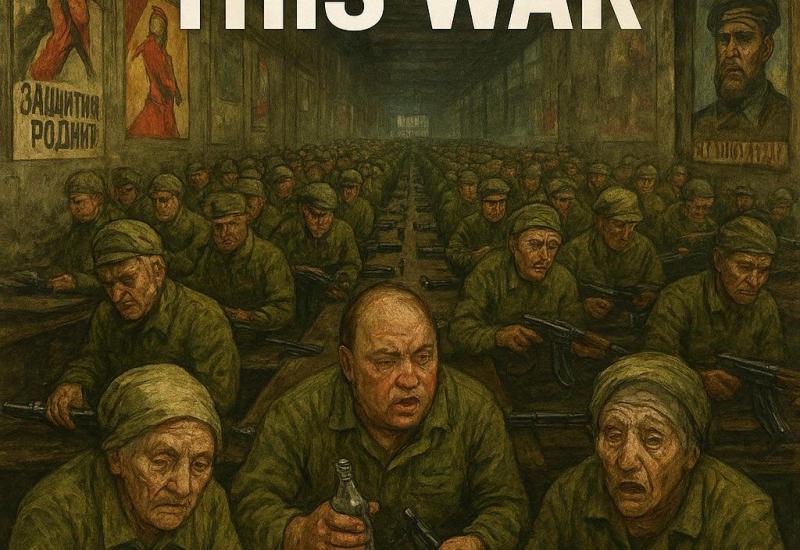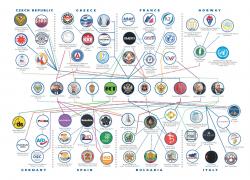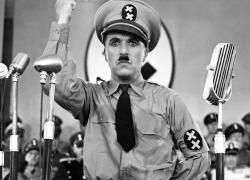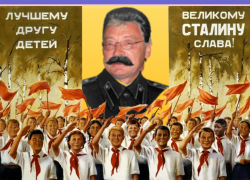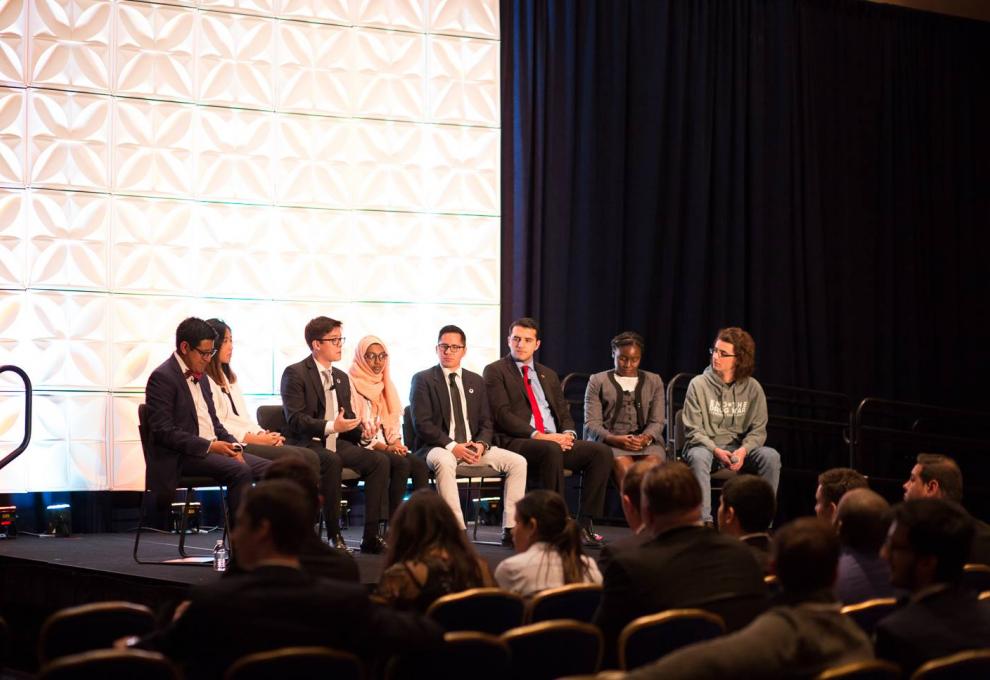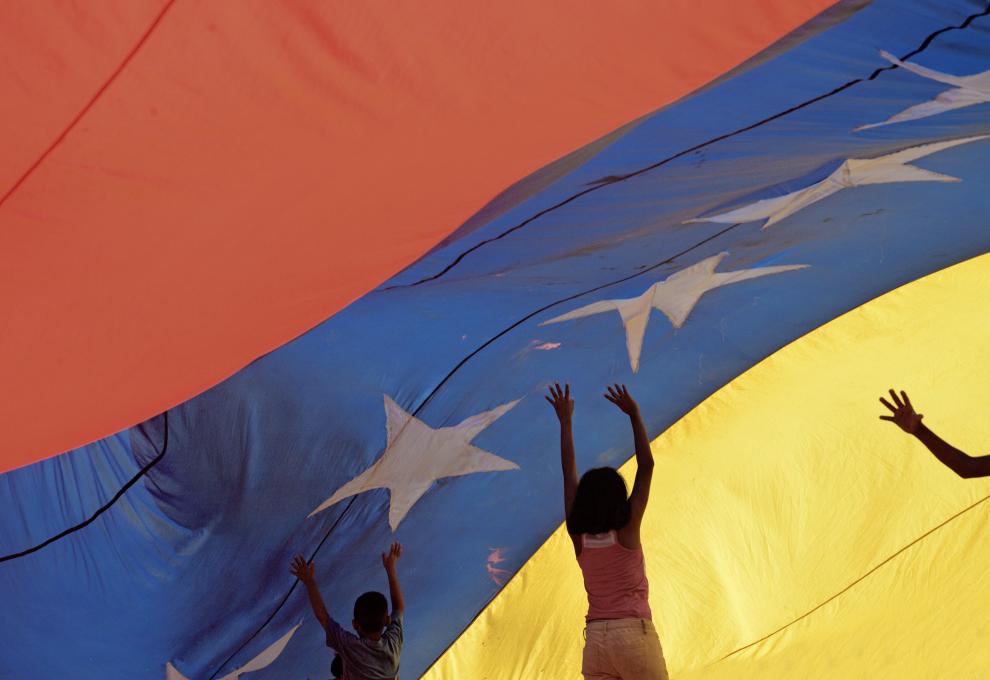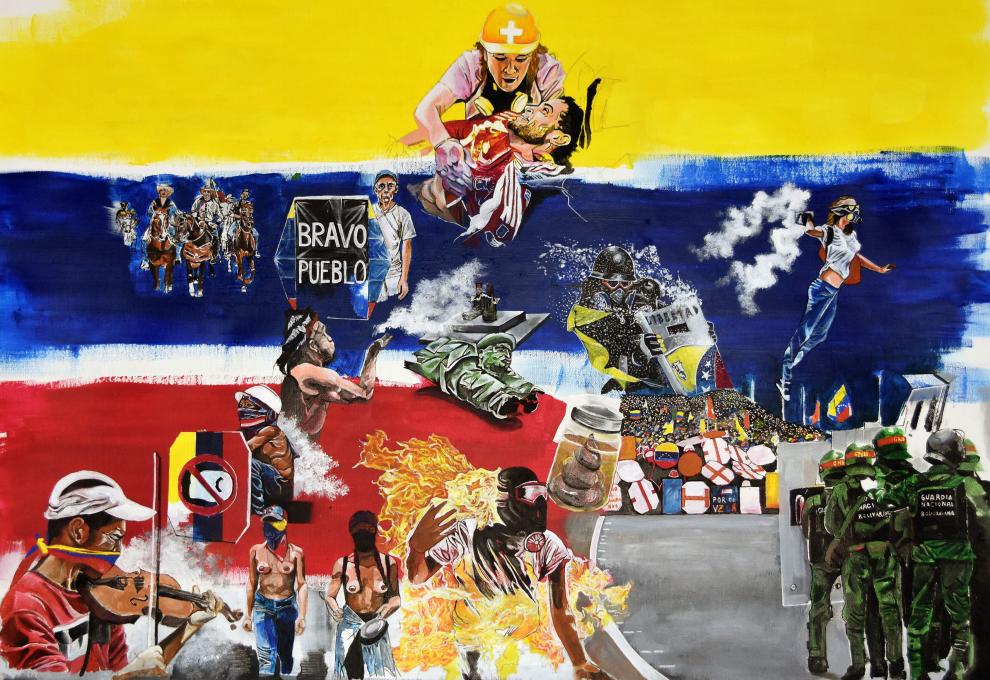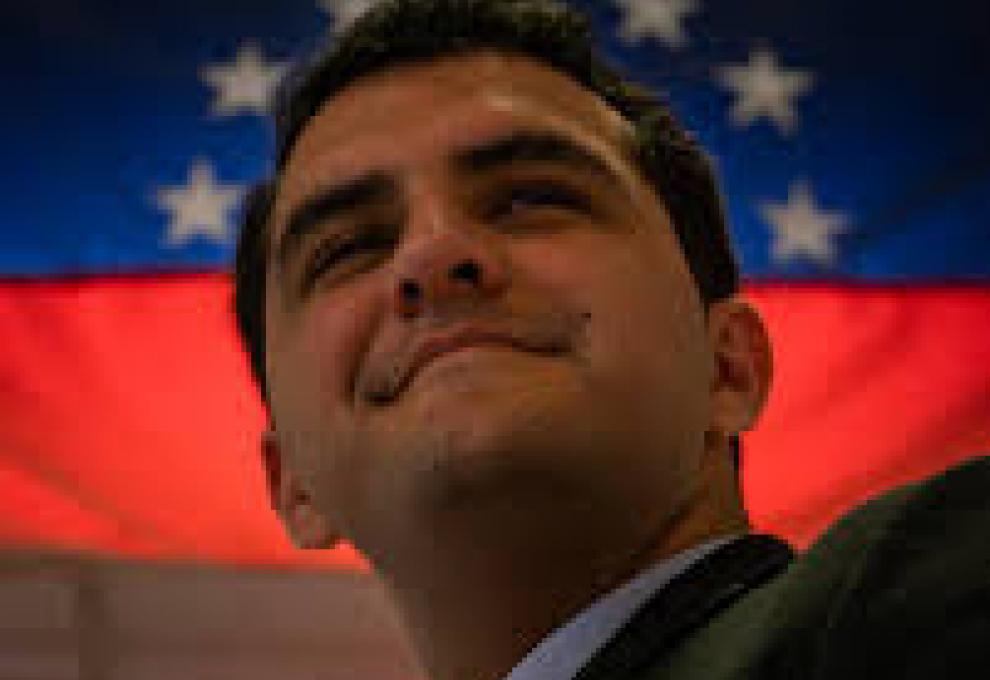The Venezuelan Economy: Closer to Moscow than Havana
Maduro’s new economic proposals entail the deepening of Venezuela’s implicit dollarization, and the Soviet-style privatization of strategic economic sectors, such as the country's oil industry.
Last month, in Venezuela’s annual accountability speech, Nicolas Maduro laid down his new set of economic measures for the Venezuelan economy, which includes the deepening of Venezuela’s implicit dollarization, and the potential soviet-style privatization of strategic economic sectors, including the country’s oil industry, PDVSA. These reforms illustrate the current transformation of the Venezuelan economy, which is beginning to look less like Cuba’s centrally planned economy, and more like Russia’s crony capitalism.
In said speech, Nicolas Maduro addressed a nation that does not recognize him as president, and in front of a newly “elected” parliament that also lacks any kind of domestic and international legitimacy.
Throughout the speech, Maduro continuously spoke about the “economic wars” that the Venezuelan revolution has faced in the last five years or so. Most notably, Maduro repeatedly stated that the United States’ sanctions are to blame for the economic crisis of Venezuela, arguing that the sanctions represent a “multi-form” attack that has severely compromised the country’s “income, currency, foreign debt, oil production and imports of essential goods.”
Maduro then continued by emphasizing the negative consequences that the sanctions have had on Venezuela’s main income source: its oil industry. He specifically said that Venezuela has not sold a barrel of oil in over a year as a result of the sanctions, leaving the state without “99 percent of its income.” On this subject, Venezuela’s Vice President for Planning, Ricardo Menendez, has also stated that the Venezuelan government has lost 40 billion dollars because of America’s energy sanctions.
Yet, the most interesting part of the speech is that Maduro then moved away from blaming America, and towards praising its most emblematic symbol: the American dollar. Specifically, Maduro said that in 2021, his government will propose a new banking system compatible with the dollar. He said that the system will allow Venezuelans to deposit dollars in Venezuelan banks, so they can use them for their daily purchases.
For readers not familiarized with the situation, Venezuela has been driving full throttle towards an economic phenomenon I refer to as implicit dollarization. The term refers to a country that despite officially maintaining its domestic currency, it is also allowing – and even encouraging –foreign currencies to become part of its economic life. At FTN, I wrote extensively on the issue here.
Since 2019, Venezuelans have been rationally moving away from their domestic currency, the Bolivar Fuerte, and towards the American dollar. Just in 2020, to put it in perspective, the country’s hyperinflation exceeded 6000 percent, making it the highest inflation rate of any country in the world. To escape the negative consequences of hyperinflation, Venezuelans are now using dollars for the vast majority of their economic transactions, including the payment of salaries, and all kinds of contracts.
According to the consulting firm Ecoanalitica, 65 percent of economic transactions in 2020 were carried in foreign currencies, with the dollar being the most used currency throughout the country. In Caracas, for instance, 60 percent of economic transactions are being carried in dollars. And in those cities near the Colombian border, 90 percent of transactions are being carried in foreign currency, with the Colombian Peso being the most important mean of payment in these areas.
But Maduro’s dollarization of Venezuelan banks is not the only structural economic reform taking place in Venezuela, Maduro has also stated that his government is welcoming foreign investment in Venezuela’s oil sector, which has not occurred since the 1990s. By privatizing the sector, Maduro pledged to boost Venezuela’s oil production to 1.5 million barrels per day. In 2020, Venezuela just produced about 500 thousand barrels per day, its lowest oil production since the 1940s. According to experts on the subject, Maduro’s proposed increase in production is not achievable even if the Venezuelan government had the means to do so.
Maduro’s Soviet-style privatization of the Venezuelan oil industry is not an isolated policy, but part of a new piece of legislation known as Venezuela’s “anti-blockage law,” which was introduced by Maduro on October 8th to the Venezuelan Constitutional Assembly, an institution without any constitutional legitimacy.
The law gave a series of extraordinary economic powers to the president, which Maduro will use to legalize not only the privatization of the oil industry but also the free trade of strategy goods, such as fuel. Currently, since Venezuela has been experiencing chronic and nationwide shortages of fuel since 2020, therefore, filling up a tank is now more expensive in Venezuela than in the United States – a remarkable achievement considering that Venezuela has the largest proven oil reserves of any country, even more than Saudi Arabia.
Ultimately, what these economic reforms illustrate is that Venezuela is slowly but surely moving away from Cuba’s centrally planned economy and towards Russia’s crony capitalism. The causes of this shift are various, yet predictable. For instance, with Venezuela’s dollarization of its banking system, Maduro’s crooks will be able to hide their money away from the United States’ financial sanctions. With Venezuela’s privatizations, Maduro crooks and their international allies will be able to buy underutilized and undervalued assets like the Venezuelan oil industry. And as a result, under Venezuela’s new economic system, the Maduro regime will maintain its control and influence over Venezuela’s new business and political elite.
By Jorge Jraissati
Jorge Jraissati is a Venezuelan economist and the president of the Venezuelan Alliance, an international non-profit that explains the causes, analyses the consequences, and brings about solutions to the Venezuelan humanitarian crisis. Jorge has spoken on this issue at universities like Harvard, NYU, and Cambridge.




